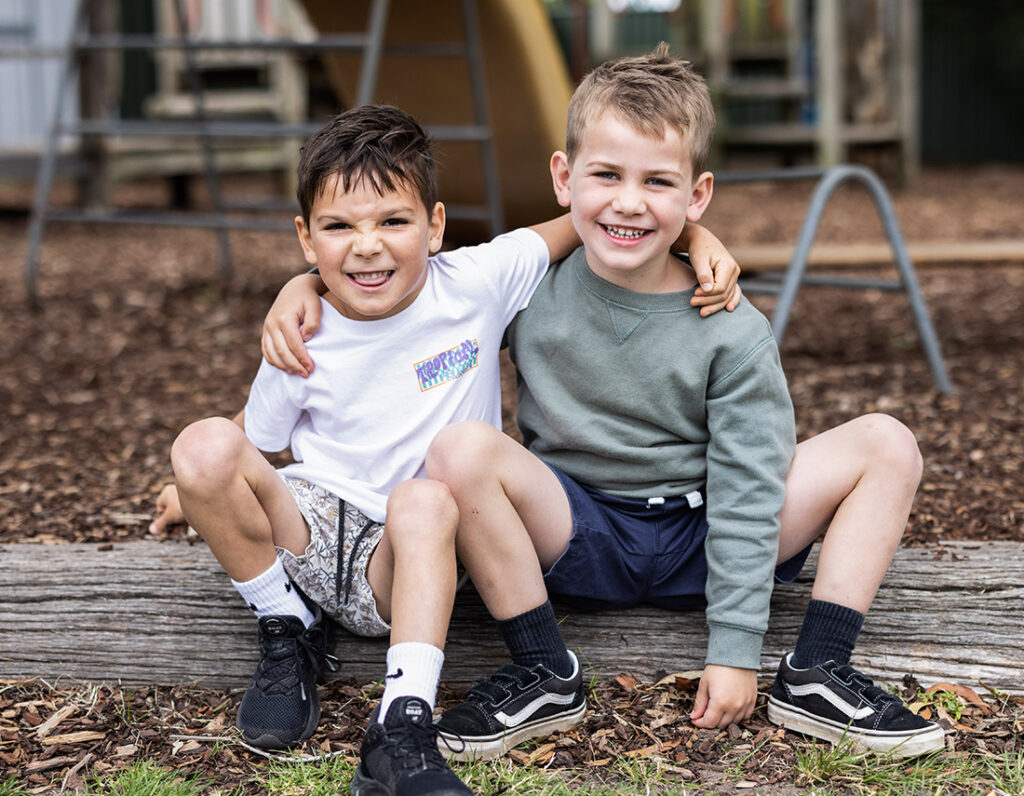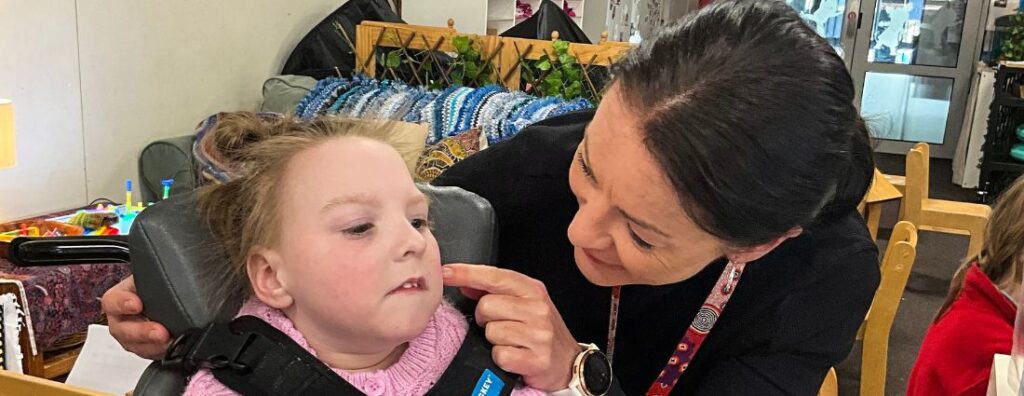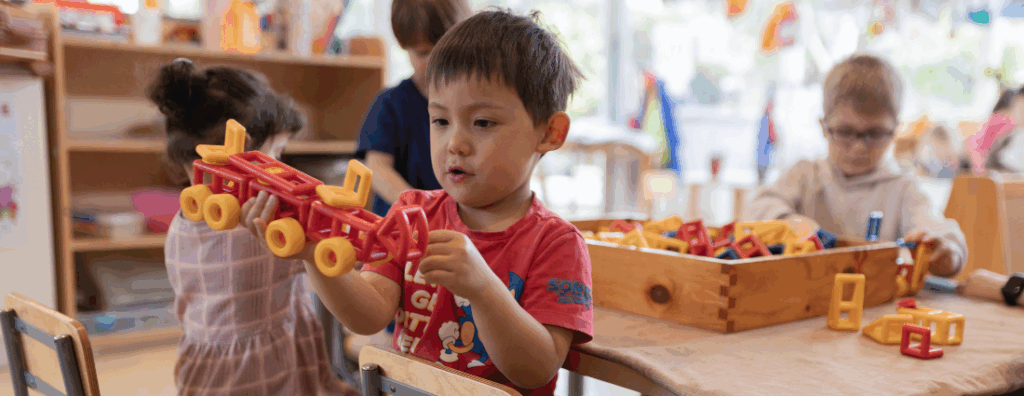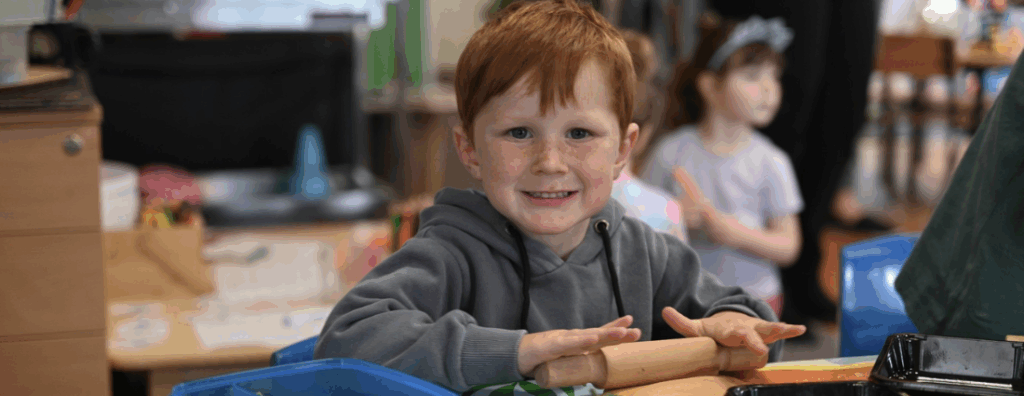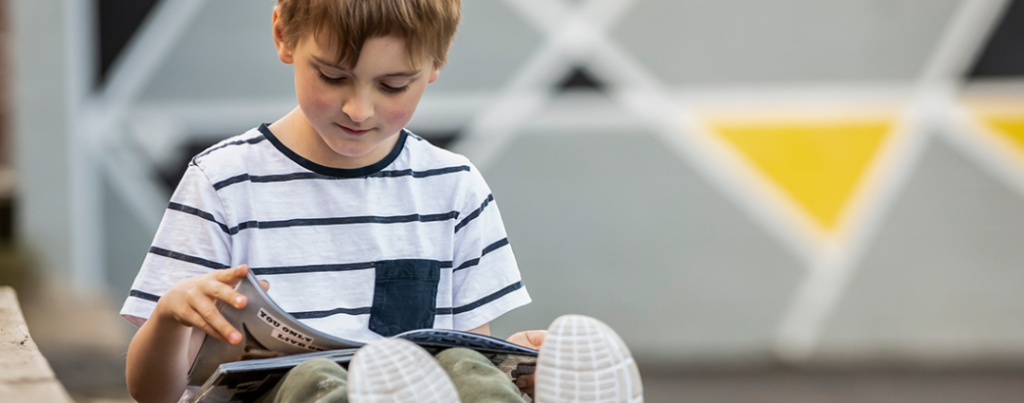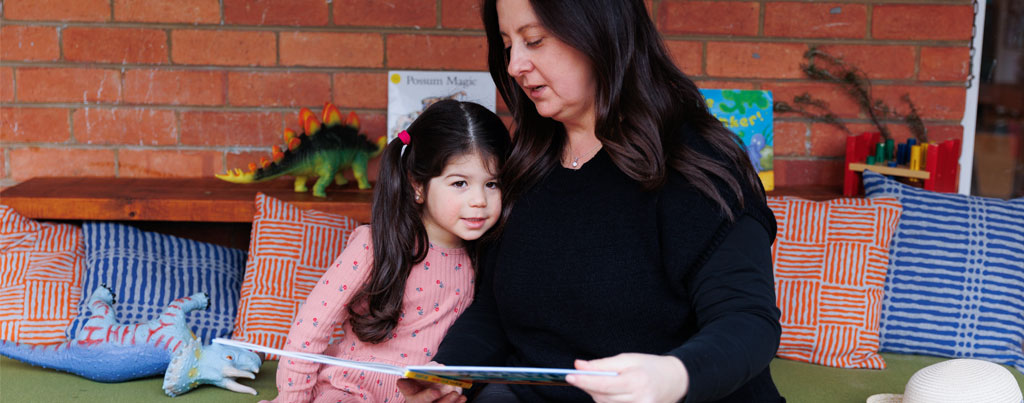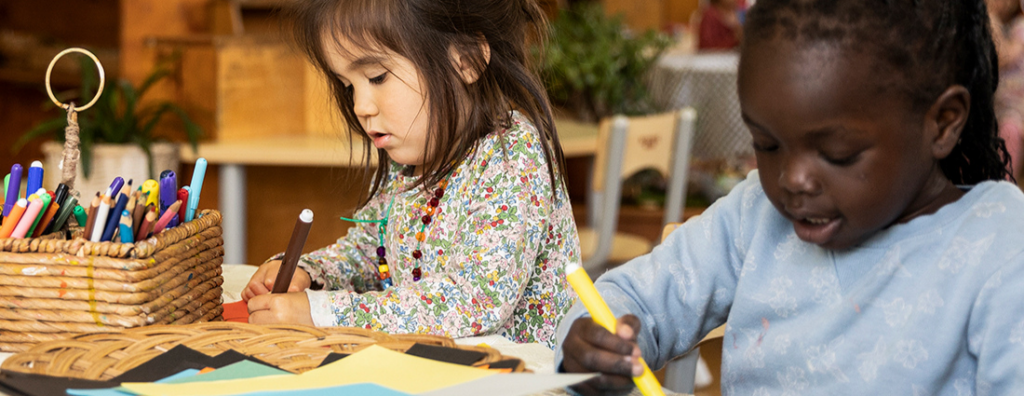The early years are a time of tremendous growth—physically, emotionally, socially, and perhaps most significantly, cognitively. A child’s mind is like a sponge, ready to soak up knowledge, ask questions, and make sense of the world around them. That’s where kindergarten becomes an important milestone.
More than just one of the first chapters in formal education, kindergarten lays the foundation for child cognitive development, shaping how they think, learn, reason, and solve problems. Through carefully designed activities, interactive play, and purposeful guidance, kindergarten builds the skills children need, not only for school but for lifelong learning.
What is cognitive development in kindergarten?
Cognitive development in kindergarten refers to how children acquire and use knowledge to better understand the world. It includes processes like thinking, exploring, remembering, and problem-solving. During these formative years, a child’s cognitive development is nurtured through structured learning, social interaction, and hands-on experiences that stimulate curiosity and imagination.
At this stage, children are developing essential thinking skills—learning how to concentrate, follow instructions, organise information, and make connections between ideas. Kindergarten provides a unique space where these mental abilities are encouraged and guided, helping children grow into independent learners. A child’s cognitive development doesn’t happen in isolation; it thrives in environments that challenge and inspire.
Key cognitive skills developed in kindergarten
Kindergarten is where young minds stretch and strengthen. Each activity, from storytime to block play, is an opportunity for cognitive growth. The following are some of the core skills that are supported through cognitive activities for kindergarten students:
Memory and recall skills
Memory plays an important role in learning. In kindergarten, memory and recall are developed through repetitive songs, rhymes, and routines. Activities like remembering a story sequence or reciting days of the week help children build strong memory pathways. These early exercises in recall prepare children for more complex learning tasks later on.
Problem-solving and critical thinking
Whether they’re working out how to build a tower without toppling it or figuring out which shape fits where, problem-solving and critical thinking are naturally woven into kindergarten play. Sorting, matching, and pattern-recognition games challenge children to observe, predict outcomes, and make decisions—skills that are key to academic learning and real-life reasoning.
Cognitive development activities for kindergarten
The best cognitive development happens when children are engaged and having fun. In kindergarten, play is not just encouraged; it’s essential. These cognitive development activities for kindergarten are designed to stimulate young minds while keeping learning fun.
Educational games and puzzles
Games like memory cards, matching pairs, and jigsaw puzzles challenge children to focus, recall information, and use logic. These kinds of cognitive activities for kindergarten strengthen problem-solving skills, visual-spatial reasoning, and attention spans. Even simple board games can teach children to think ahead, strategise, and understand cause and effect.
Storytelling and language development
Storytelling is a gateway to language and cognitive growth. When educators read aloud or engage children in creating their own stories, they build vocabulary, comprehension, and sequencing skills. Language development is closely tied to cognitive development, and storytelling is one of the richest ways to support both.
How kindergarten environments foster cognitive growth
A well-designed kindergarten environment is filled with opportunities to spark cognitive development. Learning spaces are intentionally structured to invite exploration—with sensory tables, reading nooks, construction zones, and group activity spaces. Play-based learning allows children to experiment, ask questions, and discover new ideas in a low-pressure, high-engagement setting.
Structured routines provide a reassuring framework for children to learn planning and time awareness, while social interactions help them practise negotiation, collaboration, and communication. Rich language exposure through conversations, questions, and open-ended prompts further supports thinking and reasoning. In some kinders, there is a rising ability for also teaching Auslan (sign language) and languages other than English.
The role of teachers in cognitive development
Behind every thoughtfully planned activity and welcoming learning space is a dedicated teacher guiding cognitive development. Kindergarten educators help to shape how young children think and learn. Through guided play, questioning strategies, and one-on-one attention, they help children develop curiosity, perseverance, and problem-solving skills.
Teachers observe each child’s learning style and adapt their approach to make sure every student is supported. They know when to step in with a prompt or challenge, and when to step back and let discovery unfold. Their role is both nurturing and intentional, creating a dynamic learning environment that encourages children to think deeply and independently.
Why early cognitive development matters for future learning
The cognitive skills developed in kindergarten are the building blocks for future academic achievement. When children are encouraged to think critically, communicate effectively, and solve problems at an early age, they carry those abilities with them into primary school and beyond.
Early cognitive development shapes how children approach learning challenges, manage tasks, and absorb new information. It fosters confidence, resilience, and adaptability—qualities that contribute not just to school success, but to life success. By investing in a child’s cognitive development during the kindergarten years, we’re giving children a powerful head start on their educational journey.
